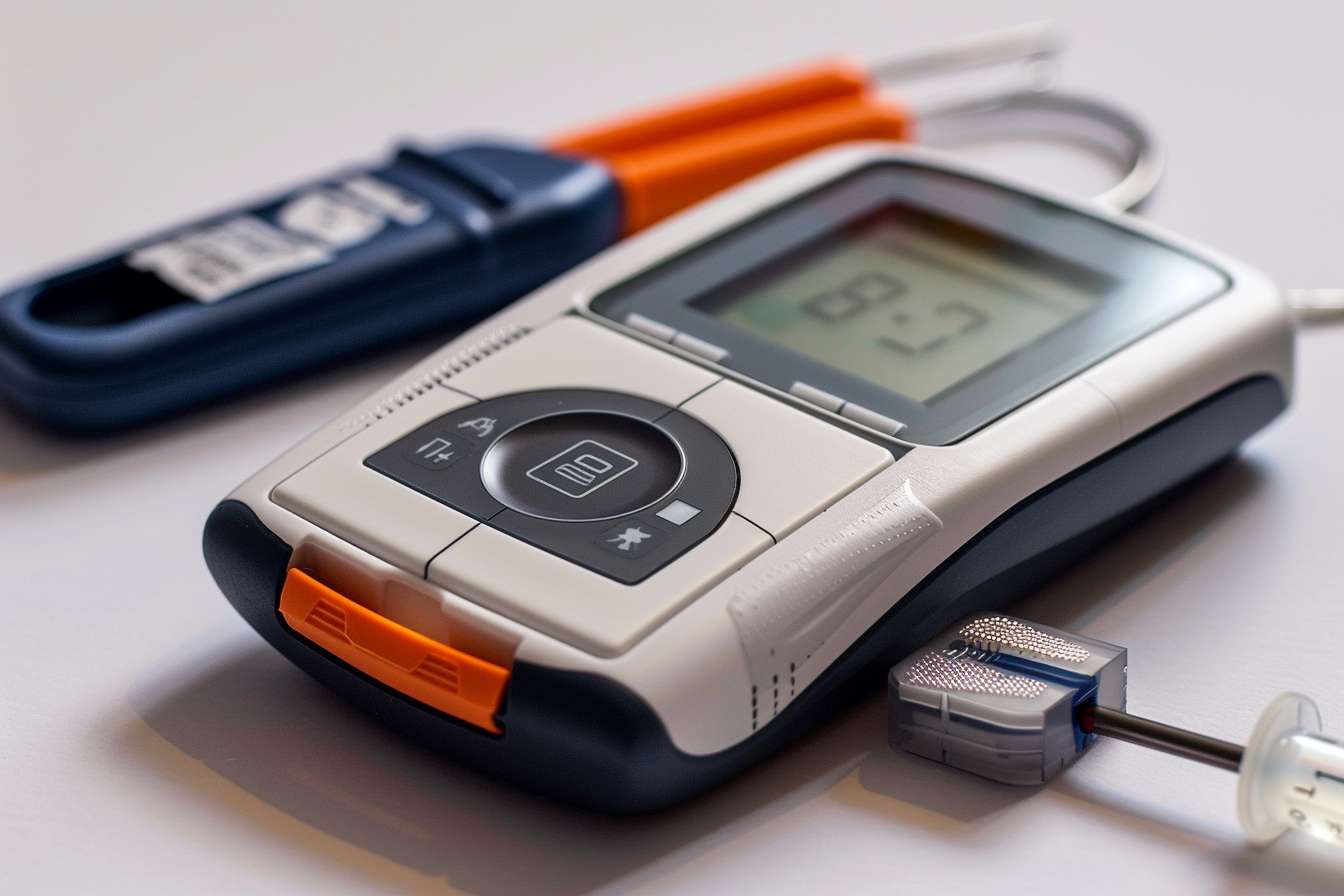Understanding Blood Sugar Levels: A Comprehensive Guide
Blood sugar, also known as blood glucose, is a critical measure of health that affects everyone, not just those with diabetes. It's the primary source of energy for our body's cells and plays a crucial role in overall well-being. This article will explore what blood sugar is, how it's measured, and why maintaining healthy levels is essential for everyone.

Maintaining proper blood sugar levels is crucial for several reasons:
-
Energy production: Glucose provides the fuel our cells need to function properly.
-
Brain function: The brain relies heavily on glucose for optimal performance.
-
Organ health: Stable blood sugar levels help prevent damage to organs and blood vessels.
-
Mood regulation: Blood sugar fluctuations can affect mood and cognitive function.
How is blood sugar measured and what are normal levels?
Blood sugar is typically measured in milligrams per deciliter (mg/dL) or millimoles per liter (mmol/L). There are several ways to measure blood sugar:
-
Fasting blood sugar test: Measures glucose levels after an 8-hour fast.
-
Random blood sugar test: Checks glucose levels at any time of day.
-
Oral glucose tolerance test: Measures how your body processes glucose over time.
-
Glycated hemoglobin (A1C) test: Provides an average of blood sugar levels over 2-3 months.
Normal blood sugar levels vary depending on when you last ate:
-
Fasting (8 hours or more): Less than 100 mg/dL (5.6 mmol/L)
-
Before meals: 70-130 mg/dL (3.9-7.2 mmol/L)
-
1-2 hours after meals: Less than 180 mg/dL (10 mmol/L)
It’s important to note that these ranges may differ slightly depending on individual factors and specific guidelines from healthcare providers.
What is prediabetes and how does it relate to blood sugar?
Prediabetes is a condition where blood sugar levels are higher than normal but not high enough to be diagnosed as type 2 diabetes. It’s often considered a warning sign that you’re at increased risk of developing diabetes if lifestyle changes aren’t made.
For prediabetes:
-
Fasting blood sugar: 100-125 mg/dL (5.6-6.9 mmol/L)
-
A1C test: 5.7% to 6.4%
People with prediabetes often don’t experience symptoms, which is why regular check-ups and blood tests are crucial, especially if you have risk factors such as obesity, family history of diabetes, or a sedentary lifestyle.
How does diet impact blood sugar levels?
Diet plays a significant role in managing blood sugar levels. Here are some key dietary considerations:
-
Carbohydrate intake: Carbs have the most significant impact on blood sugar. Focus on complex carbohydrates found in whole grains, vegetables, and legumes.
-
Glycemic index (GI): This measures how quickly foods raise blood sugar. Low-GI foods like oats, sweet potatoes, and most fruits are generally better for blood sugar control.
-
Fiber: High-fiber foods can slow down glucose absorption, helping to prevent rapid spikes in blood sugar.
-
Protein and fat: These nutrients can help slow down carbohydrate digestion and provide a more gradual rise in blood sugar.
-
Portion control: Even healthy foods can raise blood sugar if consumed in large quantities.
-
Meal timing: Eating regular, balanced meals can help maintain stable blood sugar levels throughout the day.
What role does exercise play in managing blood sugar?
Exercise is a powerful tool for managing blood sugar levels:
-
Immediate effects: Physical activity can lower blood sugar as muscles use glucose for energy.
-
Long-term benefits: Regular exercise increases insulin sensitivity, helping cells use glucose more effectively.
-
Weight management: Maintaining a healthy weight through exercise can improve overall blood sugar control.
-
Stress reduction: Exercise helps manage stress, which can indirectly affect blood sugar levels.
-
Muscle building: Increased muscle mass can improve glucose metabolism.
Aim for at least 150 minutes of moderate-intensity aerobic activity or 75 minutes of vigorous-intensity aerobic activity per week, along with strength training exercises at least twice a week.
How can you maintain healthy blood sugar levels?
Maintaining healthy blood sugar levels involves a combination of lifestyle factors:
-
Balanced diet: Focus on whole foods, lean proteins, healthy fats, and complex carbohydrates.
-
Regular exercise: Incorporate both aerobic and strength training activities into your routine.
-
Stress management: Practice relaxation techniques like meditation or deep breathing.
-
Adequate sleep: Aim for 7-9 hours of quality sleep per night.
-
Regular check-ups: Monitor your blood sugar levels as recommended by your healthcare provider.
-
Stay hydrated: Drinking enough water can help regulate blood sugar levels.
-
Limit alcohol and avoid smoking: Both can interfere with blood sugar control.
-
Medications: If prescribed, take diabetes medications as directed by your doctor.
By understanding and actively managing your blood sugar levels, you can significantly improve your overall health and reduce the risk of developing diabetes and other related complications. Remember, small, consistent changes in diet and lifestyle can lead to substantial improvements in blood sugar control over time.
This article is for informational purposes only and should not be considered medical advice. Please consult a qualified healthcare professional for personalized guidance and treatment.






